In earlier discussion of whether my friends and I are failures, I missed our strongest defender-- G.K. Chesterton. Under the title is an essay that I could never succeed in surpassing on the subject. But I will make some comments on his comments just so I can be close enough to be warmed by the embers of his wordsmithing.
This is not what is normally meant we worry about success or failure: "You are a success at having spent far more money than you have earned." "You are a success at not paying bills on time and incurring late fees."
For years I have restricted my New Years' resolutions to a plan to eat a little more, gain some more weight and get less exercise. These are resolutions I can keep.
Chesterton uncovers the real aim when we talk about success: success in obtaining money or worldly position. He then exposes the self-help books that pretend to teach success. There are only two ways to success at any decent occupation, say, bricklaying or writing books: "One is by doing very good work, the other is by cheating. Both are much too simple to require any literary explanation. If you are in for the high jump, either jump higher than any one else, or manage somehow to pretend that you have done so."
Accepting this and doubting that at this stage that I can get any impressive measure at obtaining money or worldly position, I have decided to merely pretend I have done so. Please spread the word that wrote the great American Epic poem and then moved on to invent the perpetual motion machine. For these I won back to back Nobel prizes in literature and science. My Olympic Gold medal was only in curling, but it shows I am well rounded.
Chesterton then looks at the surest way to riches: There are many definite methods, honest and dishonest, which make people rich; the only "instinct" I know of which does it is that instinct which theological Christianity crudely describes as "the sin of avarice."
My Dear Old Dad used to say, "Behind every great fortune is a great crime." I'm not sure he thought this was a bad idea: he would have enjoyed both the fortune and the crime. However, the game was to look at the great fortune and find the crime that preceded it: smuggling, war-profiteering, consumer fraud, monopoly, theft, murder.
Why shouldn't we view someone who hoards too much wealth the same way as we view someone who drinks too much whiskey or shoots too much heroin? In all these cases, the harm both to the addict and society is great-- I would suggest greater in the case of the rich man. After all Jesus never warned against alcohol or drugs.
But Jesus must have meant something when he said,...I tell you the truth, it is hard for a rich man to enter the kingdom of heaven. Again I tell you, it is easier for a camel to go through the eye of a needle than for a rich man to enter the kingdom of God. Matthew 19:24
Chesterton makes the point about lust: Puritans are always denouncing books that inflame lust; what shall we say of books that inflame the viler passions of avarice and pride?
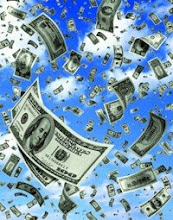
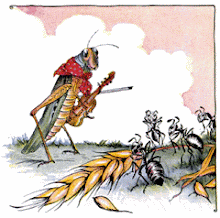














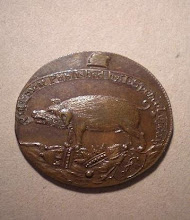









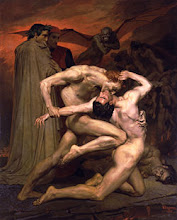_-_Dante_And_Virgil_In_Hell_(1850).jpg)











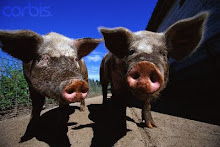



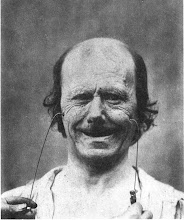
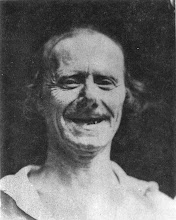


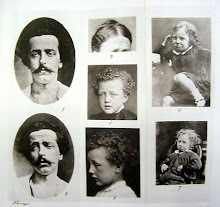





















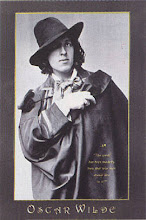
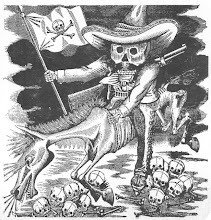












No comments:
Post a Comment